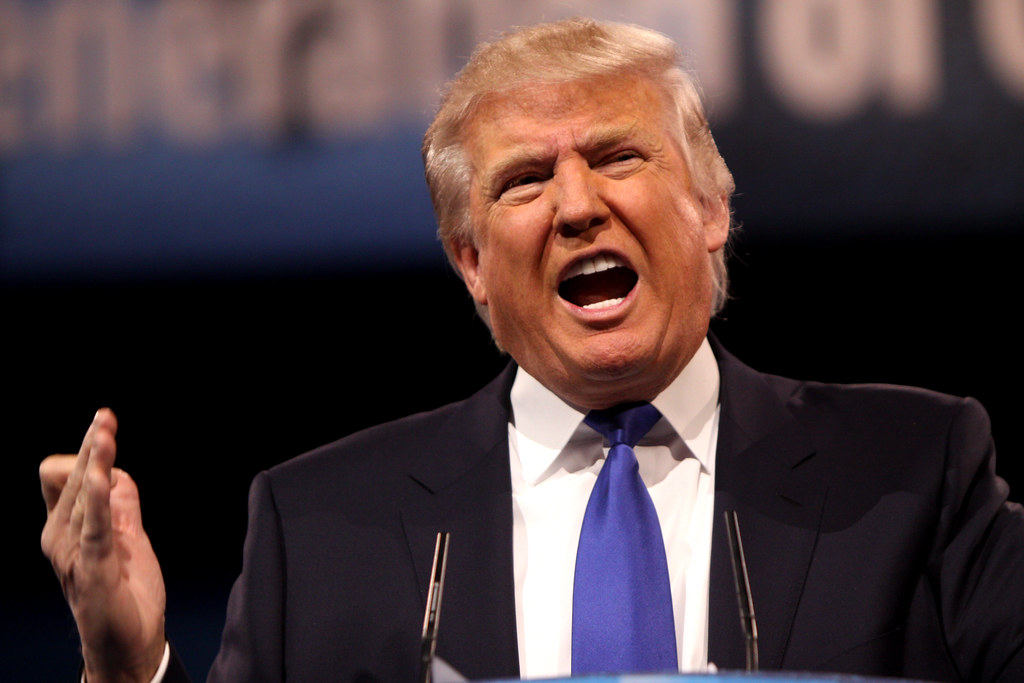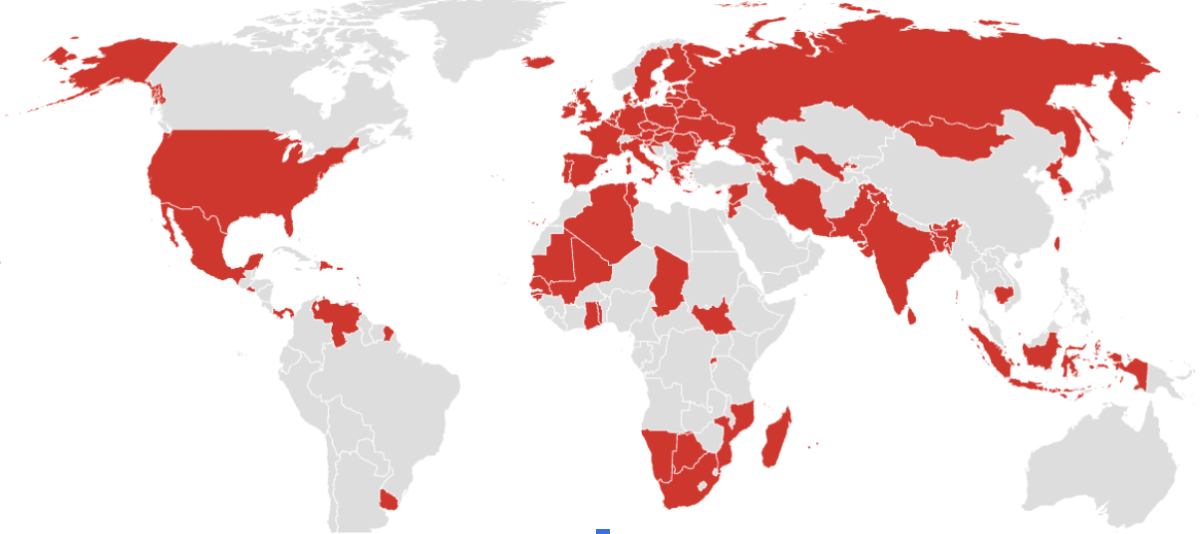Previously published Feb 26. 2021
Former President Donald Trump has been nothing short of memorable in his office. He went out with a bang with the insurrection seen on January 6th, 2021. As president, Trump has faced a significant amount of backlash from the left-wing, but the question remains why he has continued having support from the right-wing. One of the largest discrepancies about him is that Trump upholds strong Republican ideals. This is not necessarily the case, as New Yorker Nicholas Lemann discusses. Lemann brings up how the Republican party was extremely focused on national economic policy, especially with the rise of Silicon Valley and large businesses such as Google and Facebook; however, with Trump’s presidency, the right-wing has shifted to racial issues. He discusses how this has isolated racial minorities from the Republican Party and explains that right-wing politicians are now limited in their abilities to gain support. One of the suggestions is that Republicans would have to move to more centrist beliefs on racial issues and come to a less extreme view to gain minority support. (Garcia-Navarro, 2020)
Trump’s aggressive policies can be compared to the typical Republican position from 2012 to see the viewpoints’ large discrepancies. For example, in 2012, the GOP discussed immigration by claiming that the US should be encouraging undocumented immigrants to return, thus settling on an idea of self-deportation. Trump, however, took it a step further to begin deporting undocumented immigrants involuntarily and advocated for lifting protection against them. Another important facet of his policy is his position on taxes. In 2012, Republicans advocated for a flatter tax, whereas Trump, in 2016, claimed that he believes there should be a “graduation of some kind” for taxation based on economic status. He essentially took the counter perspective of traditional Republicans and advocated for the taxation of hedge funds and wealthier citizens. (Bump, 2015) The fact is that Trump is not necessarily the typical candidate but has shifted the Republican Party into his own, thus magnifying his own policies and beliefs to be seen as right-wing.
After evaluating his presidency, the question remains: what comes after? The Capitol insurrection sparked a national debate, especially among the GOP, with some politicians sticking alongside Trump and others taking a stance against him. For example, strong Trump supporters such as Lindsey Graham denounced Trump’s actions in inciting the insurrection but claimed that invoking the 25th amendment would be “inappropriate.” Along with this, major companies, such as MasterCard and American Express, that support right-wing politics have backed out on their support of Republicans who continue to challenge election results. This has led to an uproar among politicians who rely on the corporate PAC support for their campaigns. Many senior Republicans are looking to determine how permanent these changes will be or how to divert from the chaos that challenging the election results has caused. Trump’s presidency will remain alongside the Republican Party for a good amount of time; however, right-wing politicians need to determine whether they will want to continue with Trump’s aggressiveness in office, thus polarizing the country more or return to more centralized ideas. If the GOP hopes to return to the Republican ideals held in 2012, they must push for the latter and unite as a party once again.
Works Cited
- Aljazeera. “US Republicans condemn Trump’s role in Capitol insurrection.” aljazeera.com, Aljazeera, 7 January 2021, https://www.aljazeera.com/news/2021/1/7/us-republicans-condemn-trumps-role-in-capitol-insurrection. Accessed 30 January 2021.
- Bump, Philip. “Donald Trump is not a traditional Republican — including on some big issues.” washingtonpost.com, Washington Post, 30 August 2015, https://www.washingtonpost.com/news/the-fix/wp/2015/08/30/where-donald-trump-differs-with-republican-party-orthodoxy/. Accessed 30 January 2021.
- Garcia-Navarro, Lulu. “Has President Trump Changed What It Means To Be A Republican?” npr.com, NPR, 25 October 2020, https://www.npr.org/2020/10/25/927564420/has-president-trump-changed-what-it-means-to-be-a-republican. Accessed 30 January 2021.
- Isenstadt, Alex, et al. “Business titans pull back from GOP after Capitol insurrection.” politico.com, Politico, 11 January 2021, https://www.politico.com/news/2021/01/11/business-titans-gop-capitol-insurrection-457901. Accessed 30 January 2021.















![Teacher [Milk] Tea: Part 2](https://bisvquill.com/wp-content/uploads/2024/03/Screen-Shot-2024-03-19-at-9.28.48-PM.png)






































